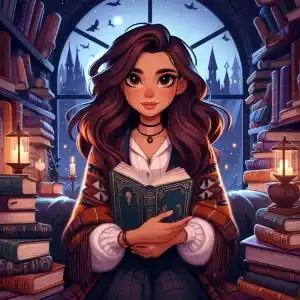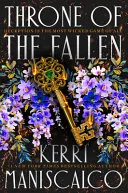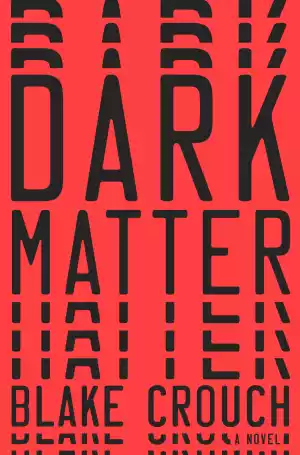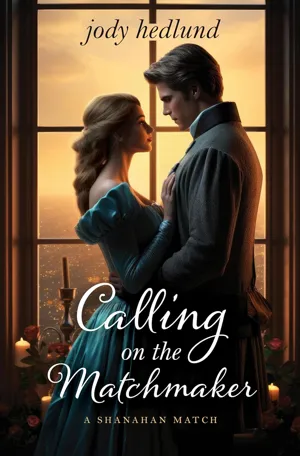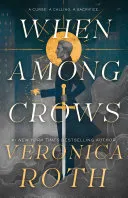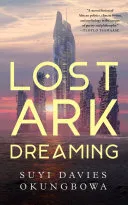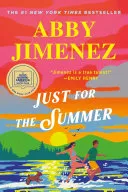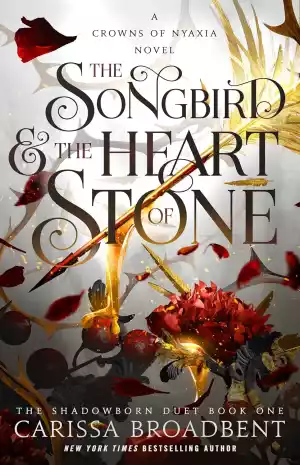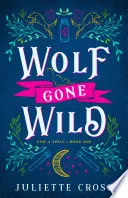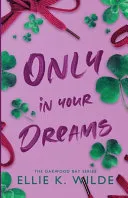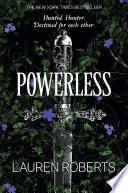
Honestly, this book was kind of a mess. Between writing in simple English to poetic descriptions of love, lust, and death, I got lost a lot. Also, this book was a poorly written mix of The Hunger Games, Throne of Glass, Harry Potter, and to be honest, even a little The Vampire Diaries.
The writing style still has me confused about the time period. Was this happening in a medieval or modern time period? Also, the characters were so damn juvenile. At times, I forgot they were all around late teens to early twenties.
This book was too long. 250 pages too long.
There was so much going on, and at the same time nothing was going on. She was jumping from scene to scene, the characters were bland, the story was predictable — honestly, I was struggling the last few pages. Show more
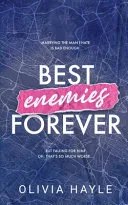
Author really wanted to sell the idea of them being star-crossed lovers from two powerful families.
But it basically read like this: girl had a crush on boy, he didn’t really notice her until college, then they both developed feelings toward each other and had weak excuses to infuriate each other, until they met again years later on a conference in Vegas. And then everything started being really predictable.
It wasn’t a bad story. Basically it read like a Hallmark movie, with lots of spice. Show more
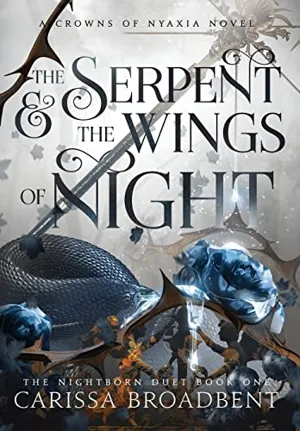
A world without you would be a dark, depressing place.
“I was ready to let it all go for you,” he murmured. “Do you know that, Oraya? I was ready to let my kingdom fall for you. You should have let me stay dead.”
Everything I couldn’t say threatened to drown me.
And his fingers clutched mine, trembling, as he hissed, “So don’t you fucking dare stop fighting, princess. It would break my damned heart.”
“You are more than what he made you,” he said.
He had destroyed me, too. Perhaps it was good that we would die tomorrow. Because I didn’t know how to remake myself after this.
“I would beg,” he murmured. “For you, I would. You have fucking destroyed me, Oraya. Do you know that?”
When his eyes came back to mine, he looked like a man undone. “Come here,” he whispered. Pleaded.
“You don’t even know, Oraya.” The corner of his mouth, where a little smudge of my blood remained, curled as he shook his head. “The things I’ve thought about. ‘Want’ doesn’t even fucking cover it. I have a list.”
Kisses over the fresh scar I had asked for. Kisses over the old one I had not.
I turned to him. His throat bobbed, eyes darkening.
I knew that look, too. A different kind of hunger.
“You look nice,” he said, in a tone of voice that made nice sound like a million other promises, each of which shivered over my flesh.
And then I realized. I realized that fear, when embraced, hardens and sharpens.
That it becomes rage.
That it becomes power.
But deep, deep inside my heart, somewhere I wouldn’t look at too closely, I could feel it. A crack.
“I have plenty of self-control, Oraya,” he murmured. “Don’t you worry about me.”
“You cannot accomplish anything in this world without power,” he said. “And power requires sacrifice, focus, and ruthlessness.”
“I have no regrets. I’d throw you out that window again.”
“Oh, I know, princess. I know.”
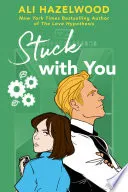
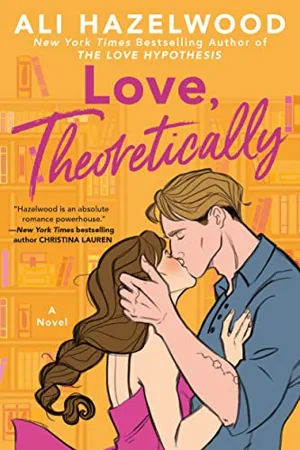
People-pleasing is a disease that is common in most of the population. Mostly, it comes from dysfunctional families, where the people-pleaser plays a role as the mediator. I saw what Hazelwood wanted to do with this issue; I saw how much she wanted to point out how painful it is when you lose the real you among so many yous you give it. It is painful. More painful is the fact when other people call you out on it. And then you want to please them by being different. It's a never-ending circle, really. One you can tear if you are persistent enough.
Back to the book.
I could not connect with the main character. I couldn't even connect with her nemesis - turned - love interest.
The whole story was clinical, to the point where it was really painful to read. Hazelwood was writing about these intense emotions they both felt and saw in each other's eyes. But it read like a doctor would read a report about a person having a heart attack: clinical and without real emotion.
Also, I could not, for the life of me, understand this weird obsession everybody had with Elsie. The moment they got to know her - boom, instant love for her. Why? I don't understand. Because her inner monologues were so out of depth, again - clinical, and her struggling to vocally express herself did not do her any favors.
I say again, a weak execution with good intentions. Show more

I need a new nervous habit. Nail biting. Fidget spinners. I’ve heard great things about crystal meth.
I’d give everyone the me they wanted, needed, craved, and in exchange they’d care about me.
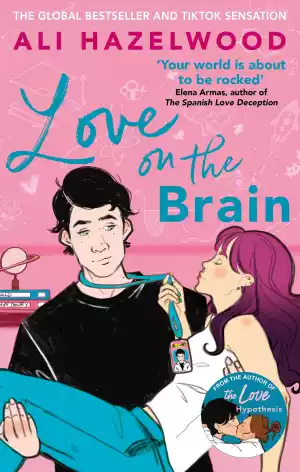
I didn’t let go of you for years, and I didn’t even have you.
“You’re some kind of fantasy. Built to do this. Built for me. Fuck, Bee.”
I stop. Levi is staring at me open-mouthed. “I have hummingbird shit on my face, don’t I?”
Is he thinking about what happened here twenty-four hours ago? Well, more like twenty-eight point five, but which maniac is counting?
“She was caught porking. On my desk.”
God. Oh, God. I think I like him.
“There’s one single format in which space is tolerable,” he says.
“Which is?”
“Star Wars movies.”
Oh, God.
“I can’t wait to sip your tears out of my new mug,” I murmur.

Her writing style is effortless and quirky. She knows how to write a good story that kind of keeps you on your toes.
There were so many Star Wars references and puns, my little heart couldn't take it. I loved it! Insert Michael Scott's: I loved it even more!!! when there was an Office reference.
I have read a bit of the reviews from fellow readers here on GR. And an ongoing theme was Bee's apparent lack of emotional intelligence.
All right. I believe many people don't see trauma, even when it's right in front of them. Bee wasn't stupid in this department. She had been avoiding painful memories from her childhood and was scared of being left behind.
There is something very tragic about loving so deeply and at the same time pushing loved ones away.
Unpopular opinion, I guess: I still feel like this is a nicely written story about overcoming your emotional traumas and embracing love without the fear of impending disaster. Show more
“I’m the luckiest idiot who ever walked this earth,” said Draco, holding her face, pressing his forehead against hers.
Happiness was her, alive, her tear-filled eyes spilling over, her heartbeat thudding against his chest.
He kissed her, softly, under the downpour, softly, against her split lip, softly, amongst tears and rain and blood.
He was drunk on endorphins and too much good booze and too little good sense. Her lips were parted. She was looking at him like she could kiss him. It was – impossible. It couldn’t happen.
Draco did that thing he’d grown to like doing, of giving her answers that actually referred to her. “Gorgeous,” said Draco.
Granger said, “Beautiful,” and Draco said, “Yes,” but they were not talking about the same thing.
“How do you feel about thievery?”“In favour,” said Draco. “You don’t even know what we’re stealing.”
“What is it?”“What if it were – theoretically, of course – a precious relic of critical religious significance?”
“...When are we going?”“Have you got any plans for the Solstice?” asked Granger. “Thievery of a religious artefact with a surprisingly naughty Healer,” said Draco. “You?”
And besides, in this cottage, with Granger the Human Anemone and her orange toilet brush of a familiar, his hair still easily won best-in-show.
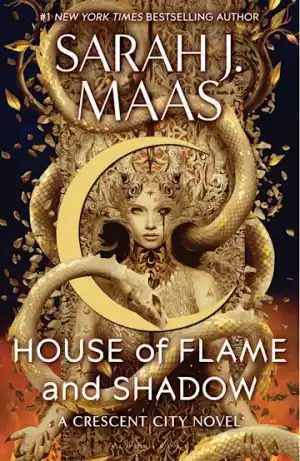
“So,” Jesiba said, drumming her fingers on her desk, “the pup goes to pitch a deworming medicine to a bunch of wolves and comes home Prime.”
